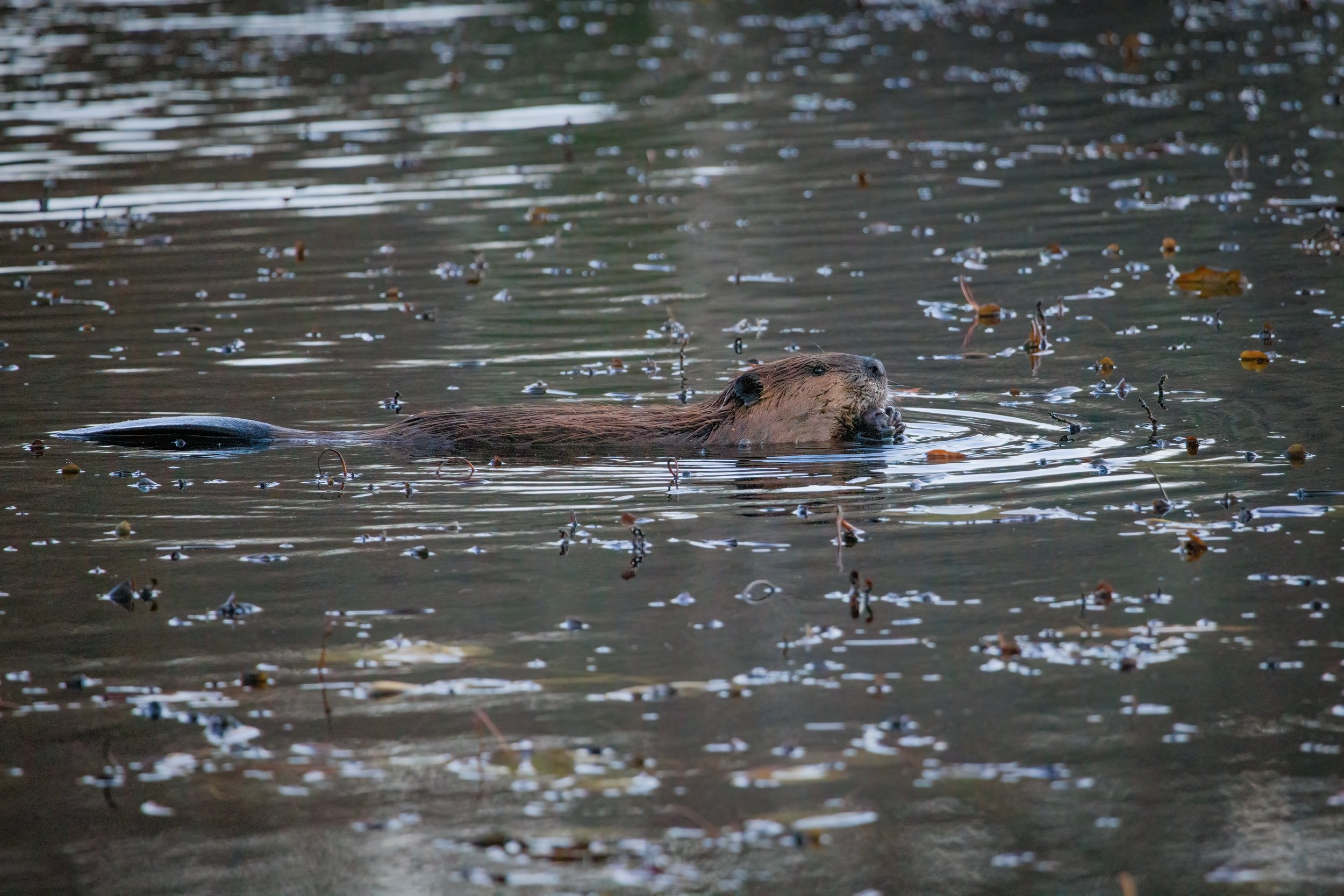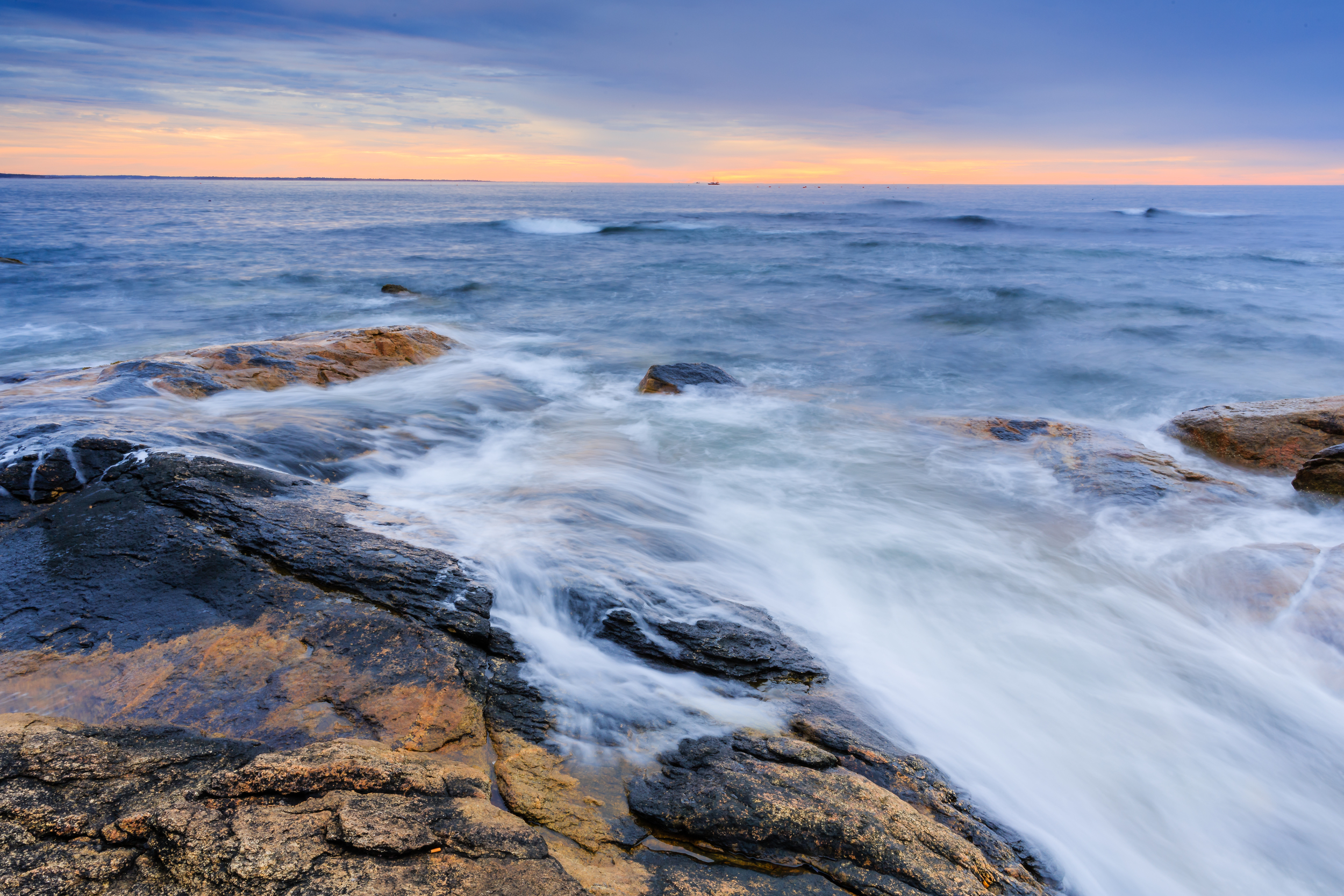Review of the Canon RF 24 mm F1.8 Lens
Gary Detonnancourt
The Canon RF 24 mm f1.8 is a remarkable lens that has been highly praised for its excellent performance and affordability. This wide-angle prime lens is part of the EOS R mirrorless system and is perfectly suited for landscape, architecture, vlogging, and more.
Key Features:
The Canon RF 24 mm f1.8 comes with an STM focus system that operates silently and smoothly, providing accurate and fast results. Its Image Stabilization (IS) feature is a notable attribute, rated up to five stops, and works exceptionally well, making it very useful for handheld shooting. The lens also offers a macro function, which is a great addition for those interested in close-up photography.
Image Quality:
The image quality delivered by this lens is impressive. Users have reported sharp images with wonderful colors and plenty of contrast. The lens performs exceptionally well under various lighting conditions and manages to maintain detail in both highlights and shadows.
Hardware Design:
Weighing in at 270g / 9.5 ounces and measuring 6.3cm / 2.43 inches in length, the RF 24mm F1.8 MACRO IS STM is compact and lightweight. This makes it a perfect companion for photographers who prefer to travel light or those who are into street photography.
Ease of Use:
The Canon RF 24 mm f1.8 is user-friendly and easy to handle. The autofocus is quick, allowing you to capture moments as they happen. The lens's light weight and compact size make it comfortable for prolonged use.
Performance:
Whether you're shooting landscapes, portraits, or street photography, the Canon RF 24 mm f1.8 delivers consistently. Its wide aperture of f1.8 allows for excellent low-light performance and helps create a shallow depth of field, ideal for portrait photography.
Conclusion:
In conclusion, the Canon RF 24 mm f1.8 is a versatile, high-performing lens that offers great value for its price. Its compact size, superb image quality, and impressive features make it an excellent choice for photographers of all levels. Whether you're a beginner looking to upgrade your kit or a professional seeking a reliable wide-angle lens, the Canon RF 24 mm f1.8 is a worthy investment.















